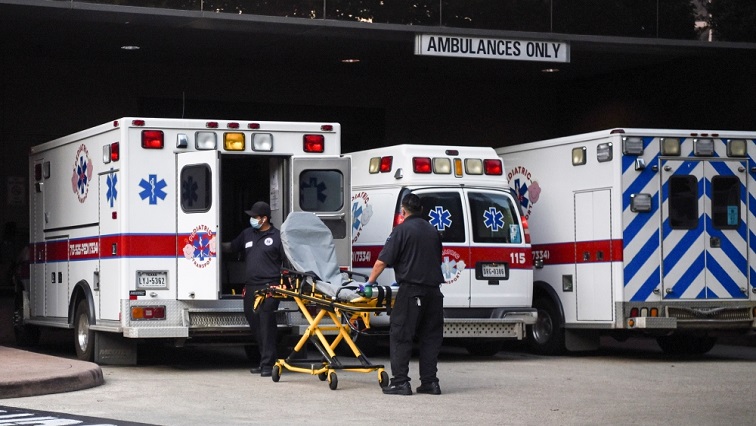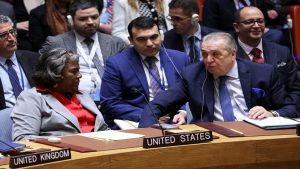Black communities in the United States have been disproportionately affected by COVID-19, with African Americans accounting for three out of every four deaths in some parts of the country.
Health officials say living conditions, like crowded apartment blocks, and working in essential, frontline jobs puts them at greater risk. And in cities, where space is at a premium, years of systematic racism and policies that have disadvantaged black residents have only made matters worse.
Apartment blocks and African Americans in NYC Trying to socially distance in the urban sprawl has been difficult. Particularly for African Americans – 75% of whom live in US cities [1]. And it’s just one of many conditions putting them at higher risk of dying from the virus.
Professor of Sociomedical Sciences at Columbia University, Dr. Robert Fullilove says, “They had public facing positions that meant they were more likely to be exposed to the virus. They didn’t have the appropriate level of healthcare to ensure that if they did get sick that they’d be taken care of; and they often return to homes that were three generations of folk living together, frequently overcrowded.”
Black people in the US are nearly three times as likely to become infected with the virus as their white counterparts, and nearly twice as likely to die from it.
Tanya Denise Fields contracted COVID-19 and, unable to socially distance in her New York City apartment, she quickly passed it to her entire family.
Founder of Black Feminist Project, Tanya Fields, says, “When lockdown began, and being in the house with seven other people, six children and my partner … I don’t think the English dictionary has created the words for what that felt like.”
She lives and works in one of the poorest districts in the country. She runs an organization in the Bronx that helps women provide for their families – including growing food at an urban farm in the heart of the city.
But Fields says there’s also another reason why her community is more vulnerable to the pandemic.
“It is racism and the effects of racism. Stress and racism certainly are stressful lives in your body on a cellular level and that trauma can be inherited by your children. So you are talking about 400 years of racism as a national model in this country. And we are surprised why black people are the most vulnerable to any public health issue? It’s not surprising to me,” Fields explains.
From healthcare to housing, living conditions to work opportunities, those disparities in black communities exist nationwide.
As SABC’s Nick Harper explains, in Washington D.C., data from the Mayor’s office shows the disproportionate effect the virus is having on communities of color. Almost 75% of the people who’ve died here are black.
Fullilove hopes the virus could be the motivation to begin long-term changes in black communities.
“Let’s eliminate those pockets of poverty. Let’s eliminate those settings and the health disparities that are there. And we’re going to do it, not so much out of a sense of charity, we’re going to do it because if we’re going to protect the health of everyone we need to make sure that the communities that are most threatened are taken care of.”
COVID-19 has further highlighted the inequalities and continuing segregation in American cities, where race can become the dividing line between life and death.-Reporting by Nick Harper






